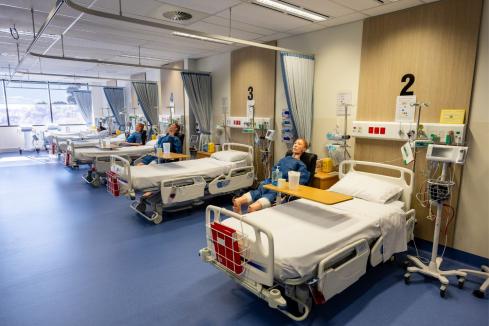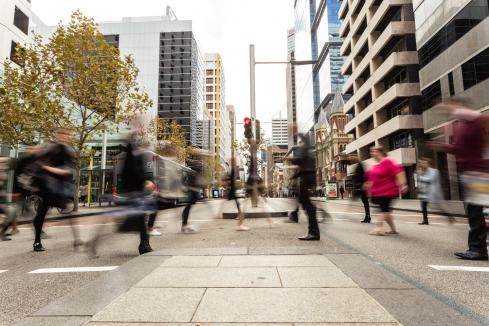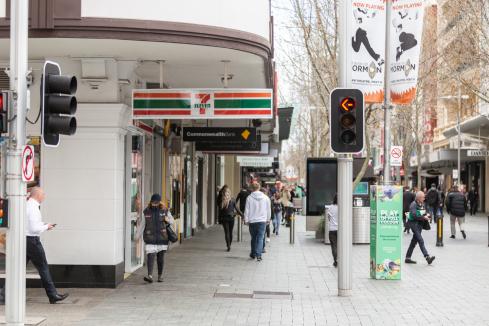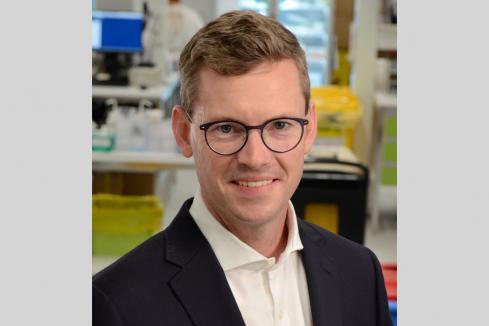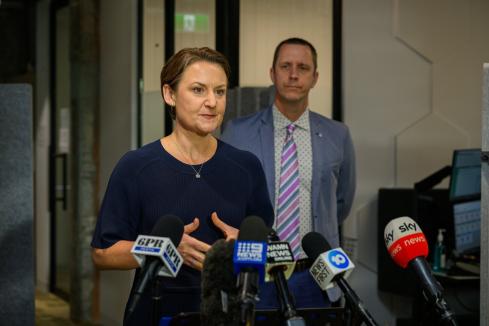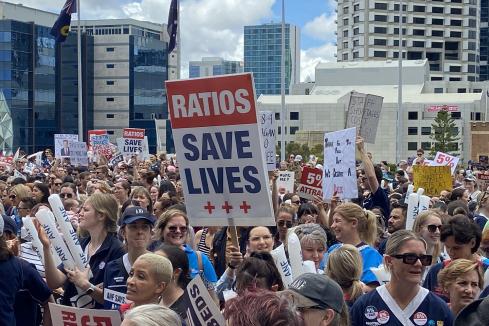The state president of the Australian Medical Association says he is disappointed by recent commentary regarding the transmission of the UK strain of COVID-19 at a Perth hotel.

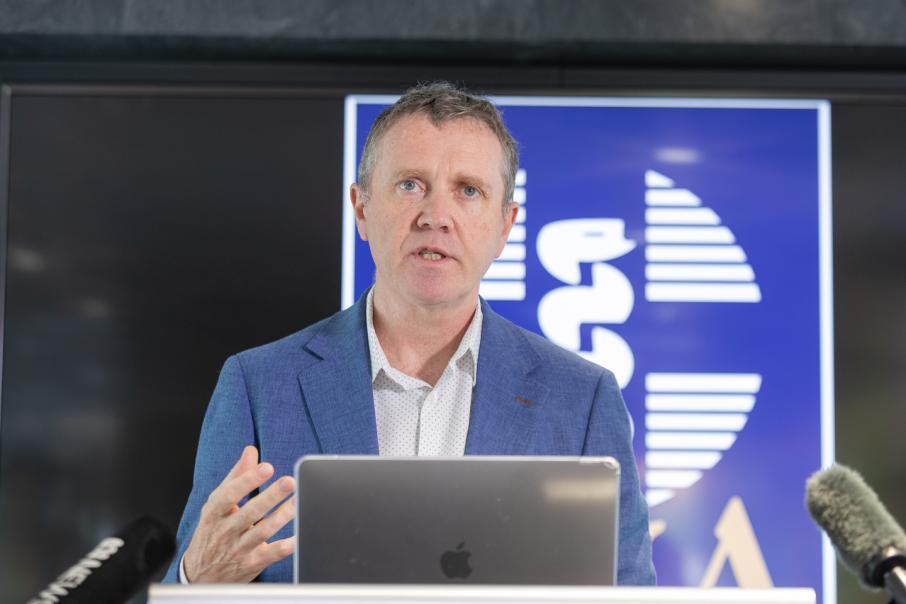
The state president of the Australian Medical Association says he is disappointed by recent commentary regarding the transmission of the UK strain of COVID-19 at a Perth hotel, having raised concerns about the hotel quarantining system for almost a year.
This afternoon, the state’s disease experts announced plans to review the COVID-19 transmission theory after it was revealed that the hotel security guard at the centre of a five-day lockdown of the Perth, Peel and South West regions had no direct contact with the infectious traveller.
Initially, it was believed the security guard had contracted the UK strain of the virus after delivering medication to the room of a returned traveller, but that was later proved inaccurate.
The room was visited about seven times on the day of the suspected transmission, but only by authorised personnel donning full personal protective equipment (and not the guard in question).
The guard had remained at a static location near a stairwell at least two doors away and was not required to wear a mask while maintaining a three-metre distance from the room.
WA Communicable Disease Control director Paul Armstrong said health authorities were now reviewing the transmission hypothesis that had formed the basis of the state’s hotel quarantine requirements for the past year, including the possibility of droplet and airborne transmission, and would alter the policy depending on its findings.
The incident is now the subject of an investigation by public health officials, with a full report expected in the coming days.
Since March last year, AMA WA president Andrew Miller said it had been clear to scientists that airborne spread, while not always the most dominant method of transmission, was an important method of coronavirus transmission and urged the state to distribute additional personal protective equipment for airborne precautions.
“It has been obvious to those of us working on the frontline in health care that we will need to be protected from it [airborne transmission] because of its potential to travel through the air and, therefore, we need lots of good ventilation and we need to have airborne level PPE,” he said.
“In respect to the hotel quarantining system, in other places like New Zealand, this is how the virus is thought to be spread through the stuffy environment of a hotel.
“In Victoria this afternoon, there has been news of the spread of the UK variant between two hotel rooms on the same floor, which is being attributed to someone opening the door into the hallway and the virus moving out into the hallway and through the air-conditioning.
“The other states get it, New Zealand gets it, it’s the same situation that occurred in Queensland.
“If we don’t adopt an approach that mitigates against, that protects against airborne spread in indoor situations, then we will fail again and again and again.
“There is a real problem with the advice that is being passed on to the government in regard to hotel quarantine and I think the community now understands that.
“There does need to be change [in the hotel quarantine system], and we’ve been saying for months that this is a problem.”








